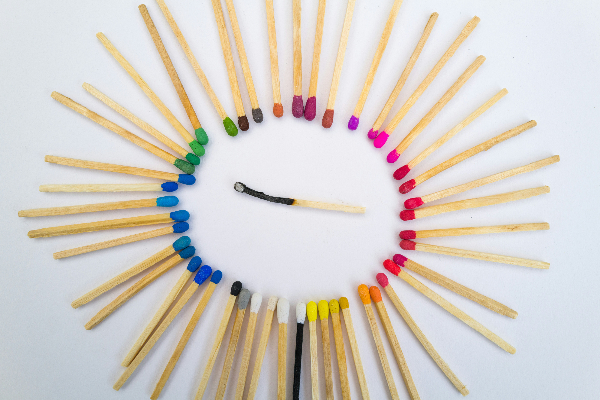Context Influences Relationships

This week, I will be spending two days with colleagues and friends from around the world who deeply care about the social and emotional health of children, youth and adults. This is CASEL’s first conference, a great opportunity to celebrate the work that has been done to date, identify the current challenges, and make plans to grow this practicing community.
In addition to presenting research that I conducted with colleagues from the Learning Policy Institute, I look forward to connecting with the many people with whom I have collaborated over the years, and also meeting new colleagues. These relationships fill my bucket and strengthen my commitment to continue doing the work that matters.
I have written in the past about the power of relationships—nurturing our human capacity to form and maintain relationships is essential to developing a positive sense of wellbeing. When we connect with others at an emotional level, we simply feel better. In my forthcoming book, Teaching with the HEART in Mind, building relationships is one of the core competencies. In this snippet, I discuss how context influences the way we practice our social and emotional skills. Let me know what you think. I appreciate your feedback.
There is a particular year in my teaching career that I remember with acute nostalgia; a time when I clearly felt the magic of meaningful relationships. I was new to the school, and coming to take the place of a well-loved teacher, who was on sick leave. The students did not want me there; they missed their former teacher and were counting the days for him to be back. As things go sometimes, this teacher was not able to return to work, and I stayed. My partner teacher, Toni, had been at the school for more than 15 years. He was warm and funny, and deeply cared about the children. We quickly connected and had a lot of fun working together. Although he had a lot more teaching experience than I did, he was generally open to my suggestions and ideas for new projects. He made me feel welcome and part of the team; he was there when I needed support with my class or just to vent about students’ behaviors. With his support, I was able to earn my students’ trust and we ended up having a great year.
If you have had a similar experience in your teaching career, you know how important it is to have supportive and caring colleagues. Not only are these relationships important for teachers’ wellbeing, but also they influence how teachers feel about their teaching and the relationships they establish with their students. Let me explain why.
The way we practice our social and emotional skills is influenced by context[i]. For example, if I had encountered a partner who complained and gossiped about other teachers, or who ignored me, my tendency would have probably been to display more negative behaviors. On the other hand, when people work in supportive and welcoming environments, they are more inclined to successfully manage job stressors (such as handling a challenging class), and ask for or offer help when needed.
Now, think about your current workplace. How does it affect your behavior and the ways in which you relate to students, colleagues and families? Are you able to be your “better self”? Being aware of how your work environment affects your behavior will help you make different choices if necessary. Whenever possible, surround yourself with supportive colleagues.
While you may have less control over certain aspects of your school’s climate, you do play a big role in creating an environment in your classroom that is conducive to positive relationships, enjoyable experiences, and meaningful learning. A big part of this endeavor is developing students’ relationship building skills, so they can learn how to work with different people, have productive disagreements, and have tools to “find their place” in a group.
As you have probably experienced in your professional and personal life, for relationships to be strong and long-lasting, you need to cultivate them. In a way, relationships are like a fire—sometimes you have to build them from scratch, using tinder and kindling, while other times you can sit back and enjoy the warmth before adding some more wood. This is why the verb in this competency is to reignite, which means to burn again, to give new life and energy.
Until next time, keep me posted on your SEL progress, and get in touch if you need any additional support.
Sign up for updates about the book. I’ll be sharing another excerpt soon. Stay tuned!
[i] Jones, S. M., Bouffard, S. M., & Weissbourd, R. (2013). Educators’ Social and Emotional Skills Vital to Learning. Phi Delta Kappan, 94(8), 62–65. https://doi.org/10.1177/003172171309400815
Subscribe to the HEART in Mind Newsletter
Research-Based Strategies for your SEL Toolbox









